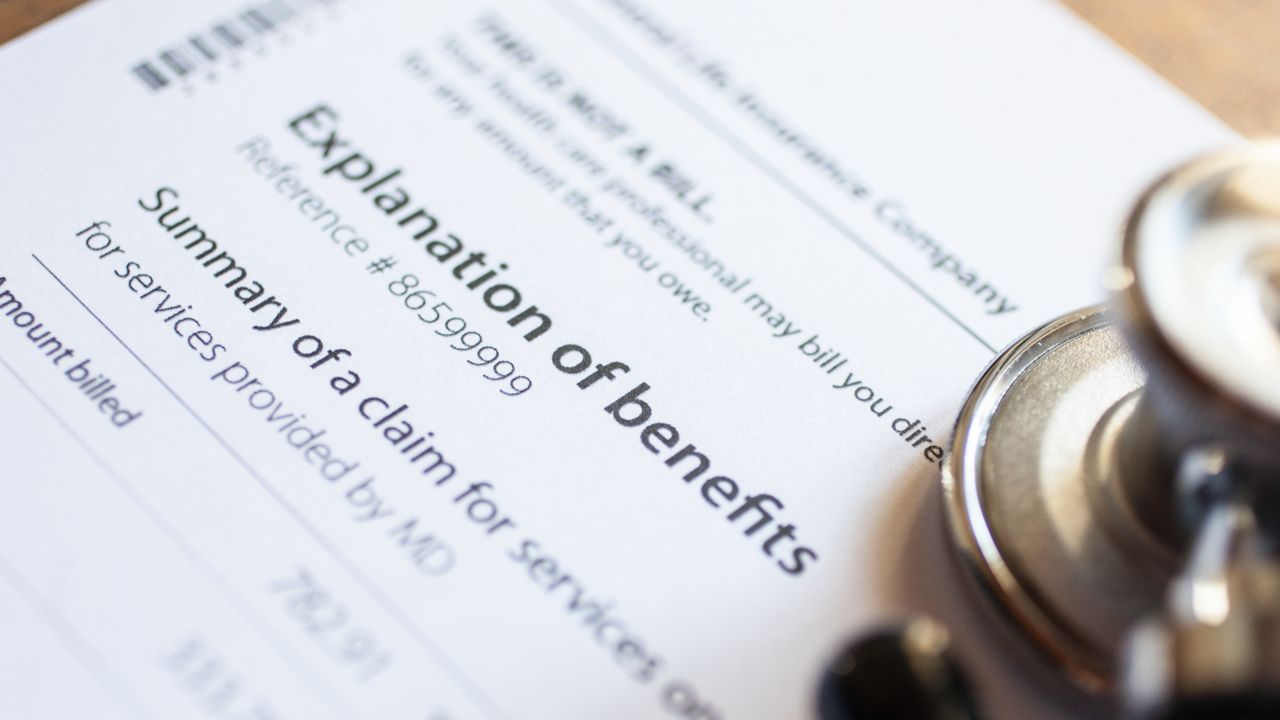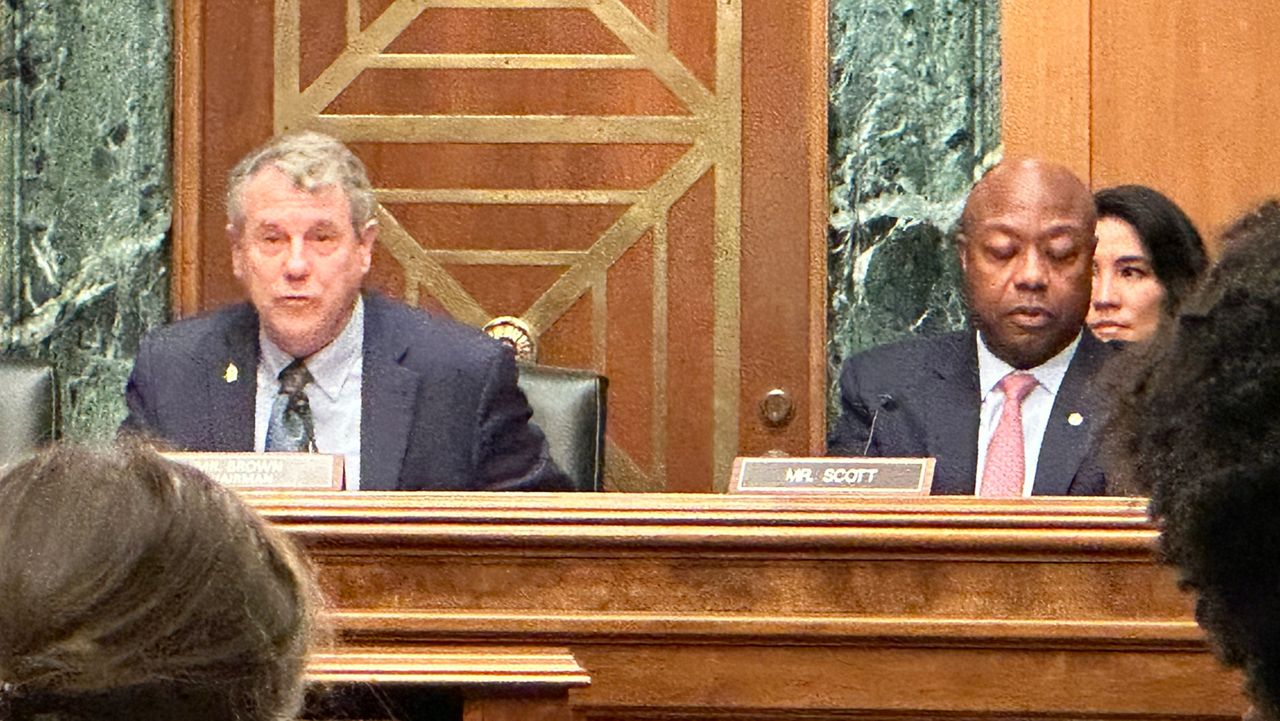COLUMBUS, Ohio — New legislation at the statehouse is looking to provide students with lunches regardless of previous debt owed to their school.
The sponsors say their goal is to ensure that no child is left hungry no matter their personal life circumstances. House Bill 408 is trying to help get rid of a stigma associated with lunches and debt. It would prohibit schools from throwing away meals after they’ve been served to students because of previous meal debt.
What You Need To Know
- According to bill language, HB 408 would "amend sections 3314.03, 3326.11, and 3328.24 and to enact section 3313.819 of the Revised Code to require public schools to provide meals and related services to students."
- Although it is a Democratic bill, a Republican in the Ohio House said he has been affected by what he deems an unfair system to youth
- The proposal sits in committee
“I’ve been that student that walked up with a school lunch,” said State Rep. Josh Williams, R-Sylvania Twp. “And was told I had a negative balance. So they threw it away right in front of me.”
Williams said this proposal hits close to home and believes no student should ever have to deal with going home from school hungry. He says some schools don’t provide hot lunches if a student has meal debt associated with their name. Although students’ parents are the ones who are associated with that debt.
“Other school districts are not only throwing lunches away but also talking to the students in front of other students about how much their peer needs to talk to their parent, and that’s just embarrassing to the student,” said Williams.
“I received several phone calls and emails,” said State Rep. Darnell Brewer, D-Cleveland. “Facebook post messages from parents who have students who have been punished because they are not allowed to have access to breakfast and lunch because of lunch debt.”
Brewer is one sponsor of the bill and deems it as an anti-lunch shaming bill. House Bill 408 would require school districts to directly communicate about the students’ meal debt with their parent or guardian and not have the student involved in those conversations unless the student inquires about their lunch debt.
“We’re not saying raise the debt,” Brewer said. “What we’re saying is because the parent owes the debt, allow the child to still get lunch. We’re also going to charge The Department of Education on many alternatives to find ways to help reduce that debt for students and for the parents. So we’re not letting the parent off the hook.”
“We hear stories from our members who work in school cafeterias that a student comes through the lunch line and they don’t have enough money in their account,” said Jeff Wensing, the Ohio Education Association’s Vice President. “The person working the lunch line cannot give that student the lunch. Imagine having to go back to the lunch table with you’re with your friends and saying, ‘Well, I wasn’t able to get my lunch because I didn’t have enough money in my account.’ That’s not okay.”
During the committee hearing, Williams suggested adding language to consider allowing the school district to report debt to the Ohio Attorney General’s Office. This way, if a person owes debt to the state of Ohio at the end of the year after filing their taxes, the Attorney General can step in, and use a parent’s Ohio tax refund to pay for the debt. Williams said it could be a better way to collect the debt, and not blame the student.
“I think that’s reasonable to say that look, we’re going to go ahead and advance the cost when a parent is not capable of paying that,” Williams said. “Even though they have the income to be eligible to pay for that ability to pay for it. But, we want to make sure that that kid doesn’t go hungry throughout the day, that they can concentrate in class.”
Proponent and opponent testimony will continue in the next few weeks, where people can chime in with their thoughts on the proposal as it stands. Then, lawmakers can work with the sponsors to adjust language. House Bill 408 heard its first hearing this week.










